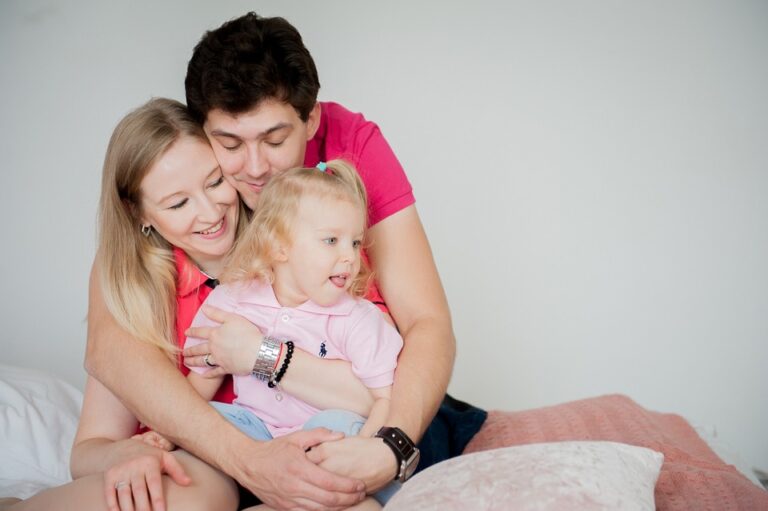
Building Stronger Families: The Science Behind Parent-Child Bonding
Family is the foundation of society, and a strong bond between parents and children is vital for the well-being of both individuals and the family unit as a whole. Research has shown that a positive parent-child relationship has a significant impact on a child’s physical, emotional, and mental development. Understanding the science behind parent-child bonding can help families cultivate stronger relationships and create a nurturing environment for children to thrive.
Attachment theory, first developed by John Bowlby in the 1950s, emphasizes the importance of early attachments in shaping a child’s emotional and social development. The theory suggests that a secure attachment between a child and their primary caregiver, typically the mother or father, provides a sense of safety and security that fosters healthy emotional development. Children who form secure attachments with their parents are more likely to develop higher self-esteem, better social skills, and emotional regulation.
Neuroscience research has also provided insights into the biological mechanisms underlying parent-child bonding. Studies have shown that positive interactions and nurturing care from parents can have a profound impact on a child’s brain development. When parents respond to their child’s needs with warmth and sensitivity, it helps regulate the child’s stress response system and fosters the development of neural pathways associated with emotional regulation, empathy, and social connections.
Furthermore, the oxytocin hormone, often referred to as the “love hormone,” plays a crucial role in parent-child bonding. Oxytocin is released in the brain during positive social interactions, such as hugging, cuddling, and bonding activities, and is associated with feelings of trust, connection, and bonding. When parents engage in affectionate and nurturing behaviors with their children, it triggers the release of oxytocin in both the parent and child, strengthening their emotional connection and promoting a sense of security and well-being.
So, how can parents build stronger bonds with their children based on the science of parent-child bonding? Here are a few key strategies:
1. Responsive and sensitive caregiving: Paying attention to a child’s cues and needs, and responding with warmth and sensitivity, helps build a secure attachment and fosters emotional regulation and social skills.
2. Positive interactions and quality time: Engaging in positive and meaningful interactions, such as playing games, reading together, or having conversations, strengthens the parent-child bond and promotes healthy brain development.
3. Physical touch and affection: Hugging, cuddling, and physical affection release oxytocin and foster a sense of connection and security between parent and child.
4. Consistent and predictable routines: Providing a stable and predictable environment helps children feel safe and secure, fostering a sense of trust and emotional well-being.
5. Open communication and active listening: Encouraging open communication and actively listening to a child’s thoughts and feelings helps build a strong, trusting relationship.
In conclusion, understanding the science behind parent-child bonding can help parents cultivate stronger relationships with their children, fostering a nurturing and supportive environment for their growth and development. By incorporating responsive caregiving, positive interactions, physical affection, consistent routines, and open communication, parents can build stronger families and lay the foundation for their children to thrive. Investing in the parent-child bond is an investment in the future well-being of both the individual and the family as a whole.
Younger Glowing Skin - Discover Ancient Ayurvedic Secrets at DoctorIndiaHerbals.com
Explore One of the Largest Collections of Dinosaur-Themed Toys, Games, Gifts, Decor, and More at DinoAvenue.com
Discover Premium Design Elevator Shoes for Men and Women at LondonCobblers.com
Discover Hidden Family Destinations for Vacations at Places.Travelz.io
Find the Best Deals on Airfare and Hotels with Advanced Metasearch Technology at www.Travelz.io
30% off on Kids items
STEM science experiments for Kids
Premium Science Toys and experiments